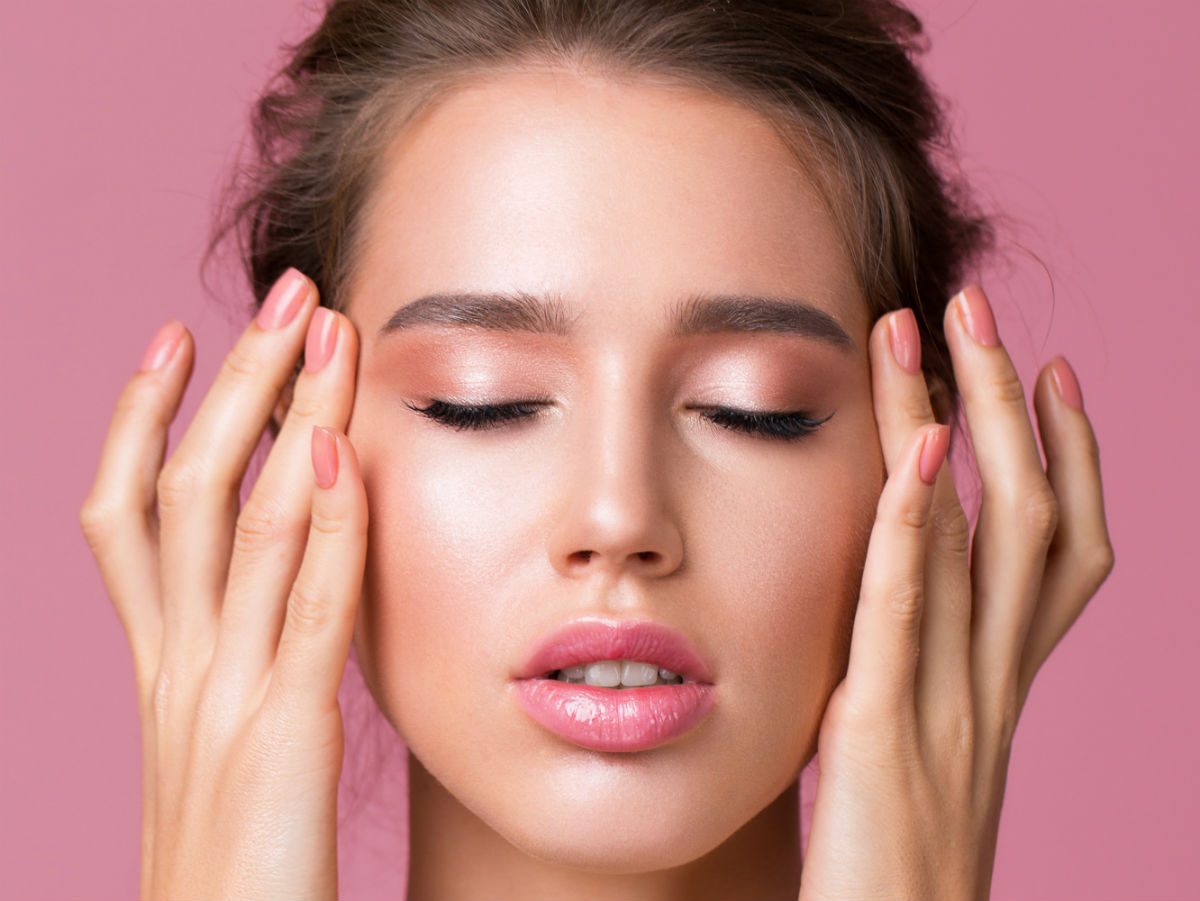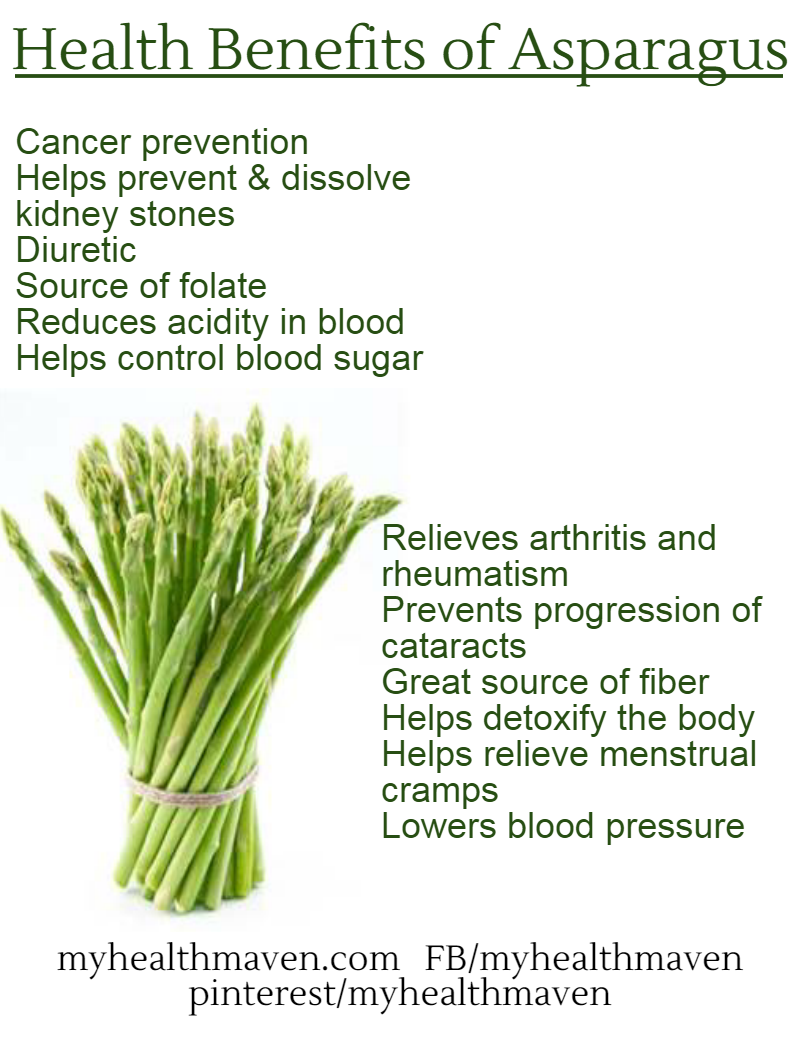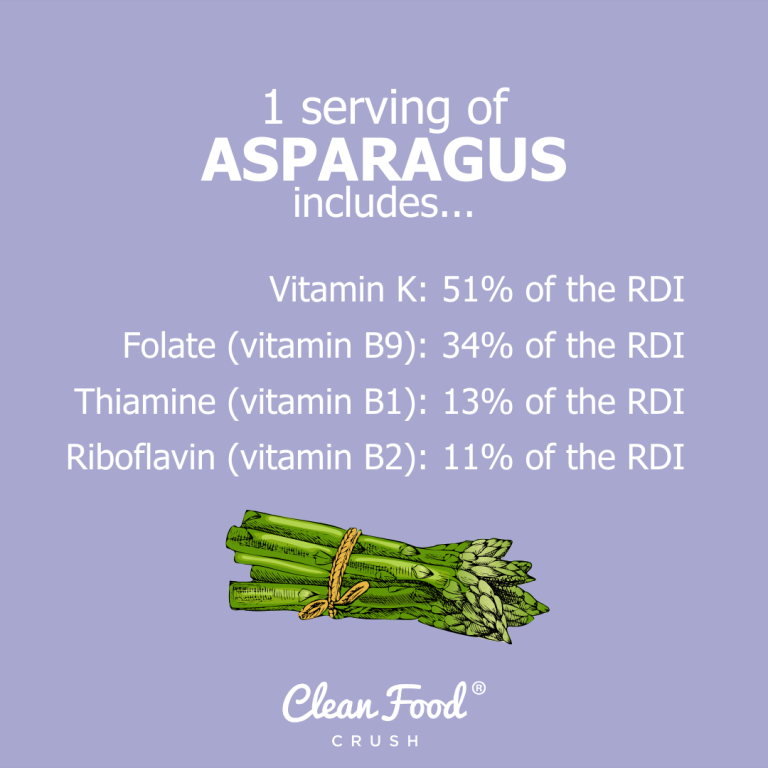Is Your Makeup Hurting Your Skin? A Comprehensive Guide

Table of Contents
Identifying Harmful Makeup Ingredients
Before applying any makeup, understanding the ingredients is crucial. Carefully checking makeup labels is the first step to protecting your skin. Many commonly used ingredients can cause irritation, breakouts, or even long-term damage.
Here are some common culprits and their potential effects:
- Parabens: These preservatives are found in many cosmetics, but they disrupt hormone function and have been linked to potential cancer risks. Look for products labeled "paraben-free."
- Sulfates: These harsh detergents are often used to create lather in cleansers and shampoos, but they can dry out your skin, leading to irritation and increased sensitivity. Opt for sulfate-free cleansers and makeup removers.
- Fragrances: Synthetic fragrances are a major allergen and a common cause of breakouts and skin irritation. Choose fragrance-free or naturally scented products.
- Silicones: While silicones can create a smooth, silky finish, they can clog pores, leading to acne and breakouts, especially for those with oily or acne-prone skin.
- Microplastics: These tiny plastic particles are increasingly found in cosmetics and contribute to environmental pollution. Furthermore, they can cause skin irritation for some individuals. Choose products that are explicitly "microplastic-free."
It's essential to look for non-comedogenic (won't clog pores) and hypoallergenic (less likely to cause allergic reactions) makeup. To further research ingredient safety, you can use resources like the Environmental Working Group's (EWG) Skin Deep database, which provides safety ratings for various cosmetic ingredients.
Makeup Application Mistakes that Damage Your Skin
Even the safest makeup can harm your skin if applied improperly or with unclean tools. Here are some common mistakes to avoid:
- Dirty Brushes and Tools: Bacteria thrive on used brushes and sponges, easily transferring to your skin and causing breakouts. Regularly clean your makeup tools with a gentle cleanser.
- Sharing Makeup: Sharing makeup, especially eye products, increases your risk of bacterial or fungal infections. Always use your own personal makeup.
- Sleeping with Makeup On: This is a major skin offender! Leaving makeup on overnight clogs pores, leading to breakouts, premature aging due to hindered skin regeneration, and increased risk of infection. Always thoroughly cleanse your face before bed.
Proper cleansing and exfoliation are crucial to remove makeup residue and dead skin cells. Consider incorporating a gentle exfoliant into your routine 1-2 times a week to prevent clogged pores.
Choosing Safe and Skin-Friendly Makeup
Switching to safer makeup is a significant step towards healthier skin.
- Natural and Organic Makeup: These products often contain fewer harmful chemicals and are made with plant-based ingredients. Look for certifications like USDA Organic.
- Read Reviews and Seek Recommendations: Before purchasing new makeup, check online reviews to see how it performs for other users with similar skin types. Ask for recommendations from friends or skincare professionals.
- Look for Certifications: Look for certifications like cruelty-free and vegan to ensure the product aligns with your ethical values.
- Recommended Brands: Many brands prioritize skin-friendly formulations. Research and find brands that fit your needs and budget.
- Patch Testing: Before applying any new product to your entire face, perform a patch test on a small area of skin to check for allergic reactions.
Building a Healthy Skincare Routine
A healthy skincare routine complements your makeup application and is crucial for overall skin health. A basic routine includes:
- Cleansing: Wash your face twice daily with a gentle cleanser to remove dirt, oil, and makeup.
- Toning: A toner helps balance your skin's pH levels.
- Moisturizing: A moisturizer keeps your skin hydrated and protected.
- Sunscreen (SPF): Daily sunscreen use is essential to protect your skin from sun damage, a major contributor to premature aging.
Serums and face masks can further enhance your routine, providing targeted benefits for specific skin concerns.
Recognizing Signs of Makeup-Related Skin Issues
If you experience persistent skin problems, it may be related to your makeup or skincare routine. Common issues include:
- Acne: Clogged pores due to comedogenic ingredients or improper cleansing.
- Irritation: Allergic reactions to certain ingredients or harsh chemicals.
- Dryness: Harsh cleansers or lack of moisturization.
- Allergies: Reactions to fragrances, preservatives, or other components in makeup.
If you experience persistent skin problems, consult a dermatologist for proper diagnosis and treatment.
Conclusion
Harmful ingredients, improper application techniques, and neglecting a proper skincare routine can significantly impact your skin's health. Choosing safe makeup and establishing a healthy skincare routine are vital for achieving a flawless complexion without sacrificing your skin's well-being. Take control of your skin health! Start by evaluating your current makeup and skincare routine, and make informed choices to ensure your makeup enhances your beauty without hurting your skin. Remember that using safe and skin-friendly makeup is an investment in your long-term skin health. Continue researching ingredients, read product reviews, and don't hesitate to seek professional advice if you experience persistent skin issues.

Featured Posts
-
 Sherwood Ridge Primary School Accommodates Students Beliefs Regarding Anzac Day Observances
Apr 25, 2025
Sherwood Ridge Primary School Accommodates Students Beliefs Regarding Anzac Day Observances
Apr 25, 2025 -
 The Tough Times Test How Political Parties Adapt To Crisis
Apr 25, 2025
The Tough Times Test How Political Parties Adapt To Crisis
Apr 25, 2025 -
 Ridley Scotts Apple Tv Series 5 Reasons The Reviews Generate Excitement
Apr 25, 2025
Ridley Scotts Apple Tv Series 5 Reasons The Reviews Generate Excitement
Apr 25, 2025 -
 Backlash Mounts Against Newsom After Toxic Democrats Statement
Apr 25, 2025
Backlash Mounts Against Newsom After Toxic Democrats Statement
Apr 25, 2025 -
 Featured In The 90s Check Our Image Archive
Apr 25, 2025
Featured In The 90s Check Our Image Archive
Apr 25, 2025
Latest Posts
-
 German Conservatives And Social Democrats Begin Coalition Talks
Apr 30, 2025
German Conservatives And Social Democrats Begin Coalition Talks
Apr 30, 2025 -
 Is Asparagus Good For You Exploring The Health Advantages Of Asparagus
Apr 30, 2025
Is Asparagus Good For You Exploring The Health Advantages Of Asparagus
Apr 30, 2025 -
 How Healthy Is Asparagus Nutritional Benefits And Health Effects
Apr 30, 2025
How Healthy Is Asparagus Nutritional Benefits And Health Effects
Apr 30, 2025 -
 The Complete Guide To Asparagus And Its Health Benefits
Apr 30, 2025
The Complete Guide To Asparagus And Its Health Benefits
Apr 30, 2025 -
 Asparagus And Health Exploring The Positive Impacts
Apr 30, 2025
Asparagus And Health Exploring The Positive Impacts
Apr 30, 2025
